14+ Professional Resume Examples
Job resumes often vary in content, outline format, and structure depending on whether you’re a fresh graduate, changing career paths, or looking to move up the leadership ladder. But regardless of your level of experience, creating a professional resume is vital to establish your credibility as a candidate for a particular job.
14+ Professional Resume Templates
Computer Specialist Professional Resume
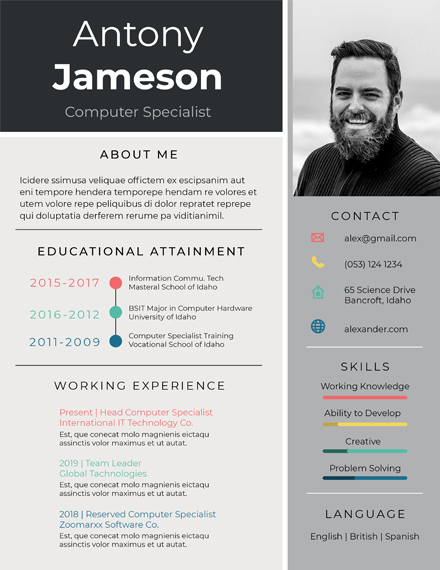
Experienced Accountant Professional Resume Format
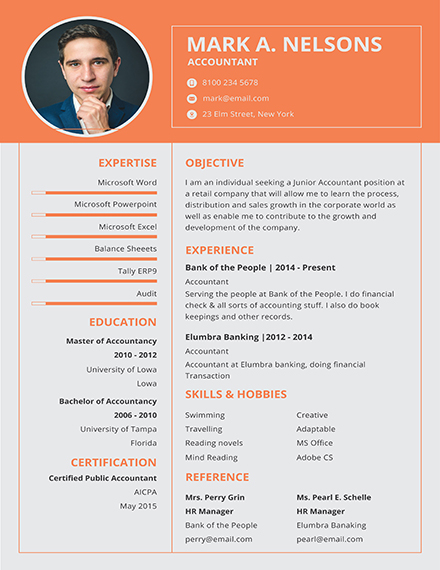
Free Professional Resume
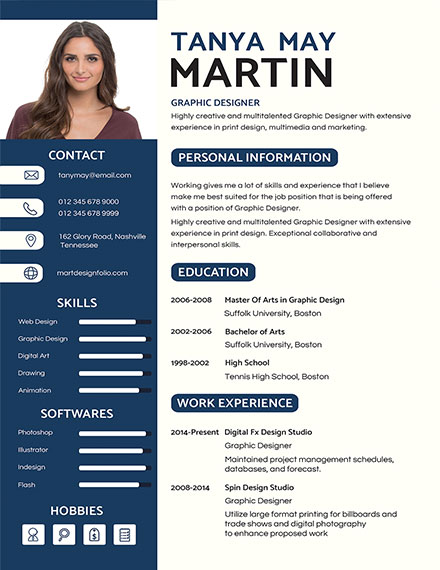
IT Professional Experience Resume
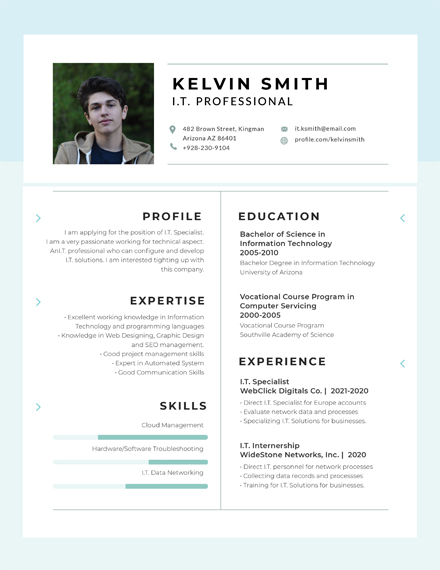
IT Professional Resume
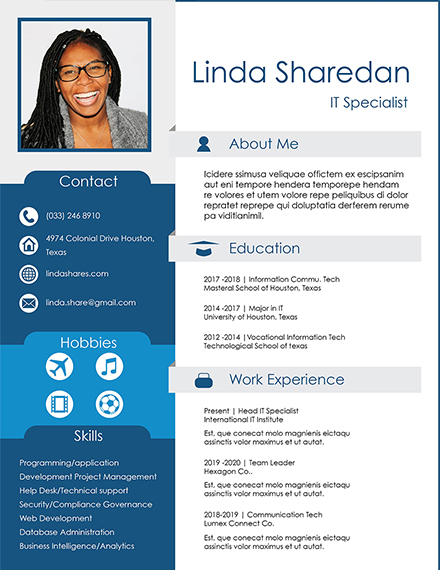
Professional Banking Resume
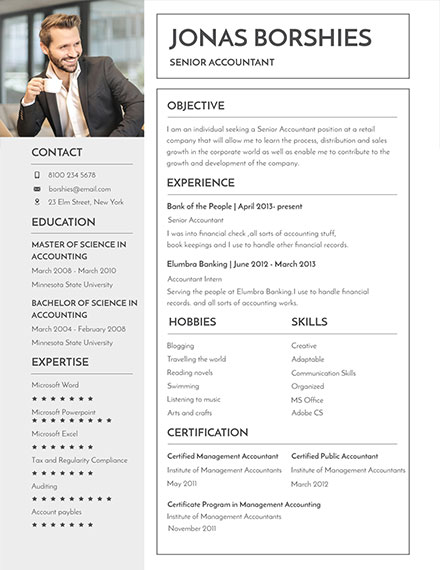
Professional BPO Career Resume
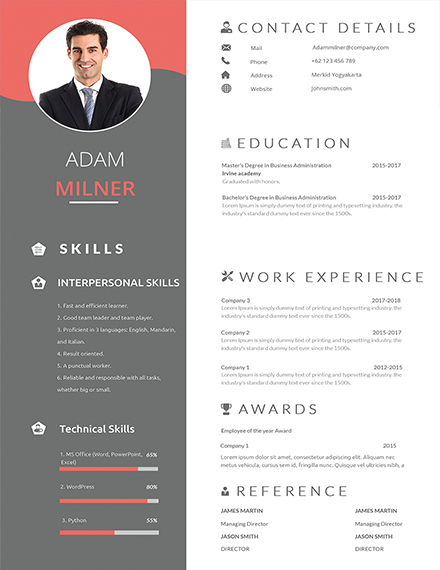
Professional HR Resume Template
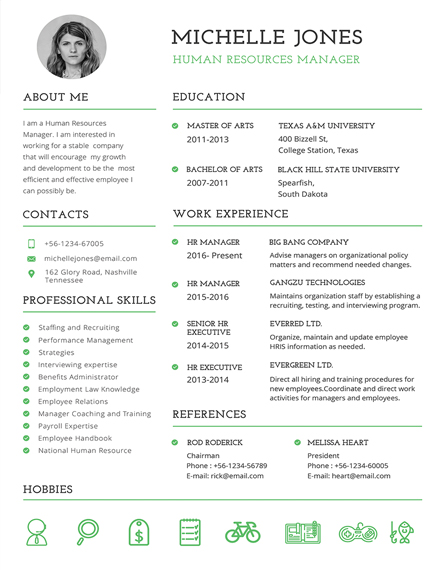
Professional Resume for Freshers
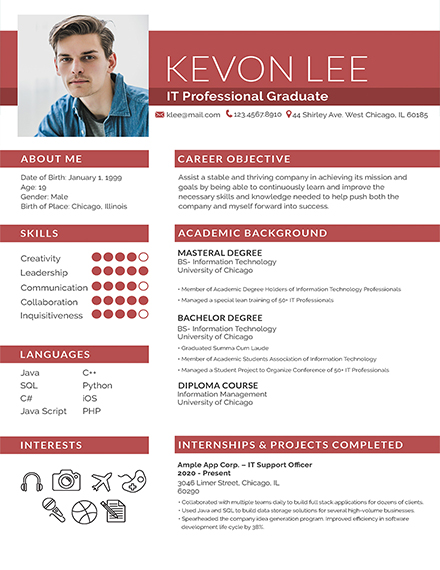
Professional Civil Engineer Resume
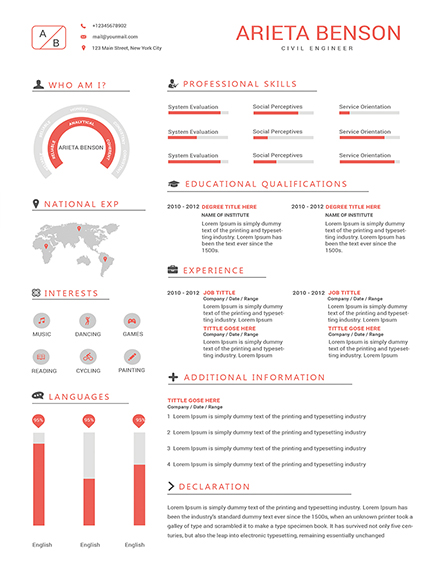
Professional Chronological Resume
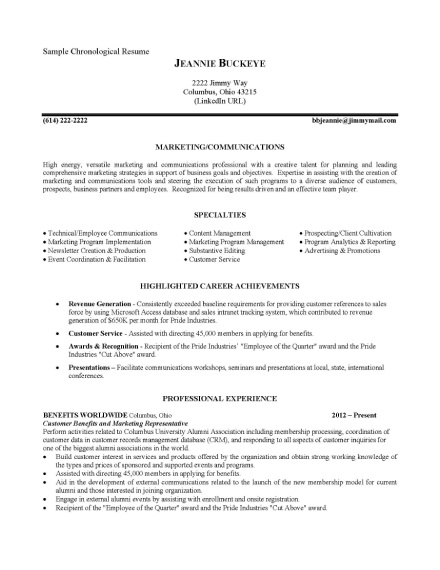
Sample Professional Resume for Biosystems Engineer
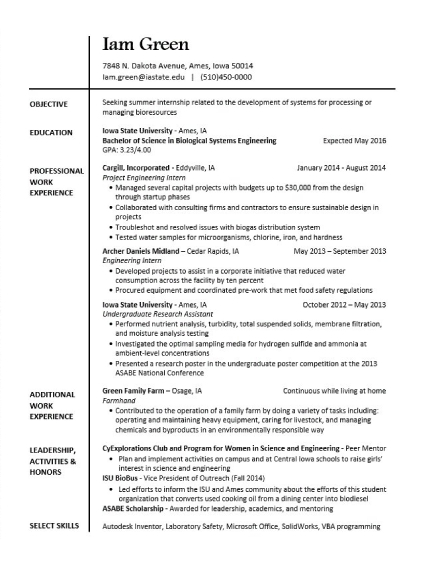
Professional Resume for Criminal Investigation Graduate
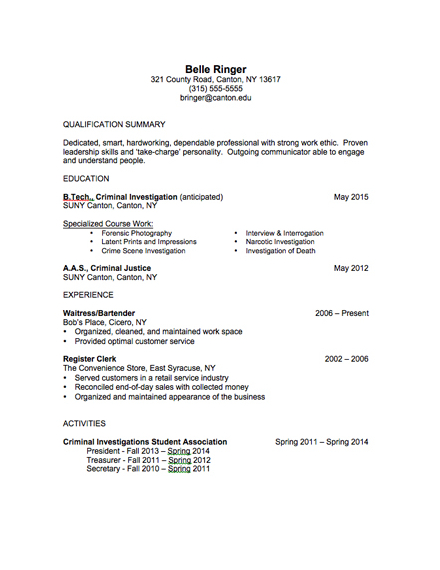
Professional Resume for Marketing Management
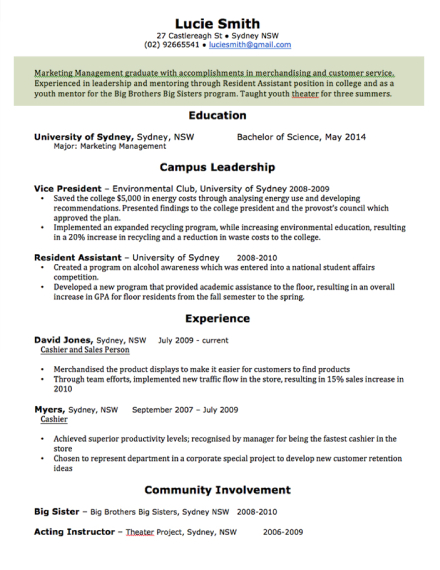
Professional Resume Sample
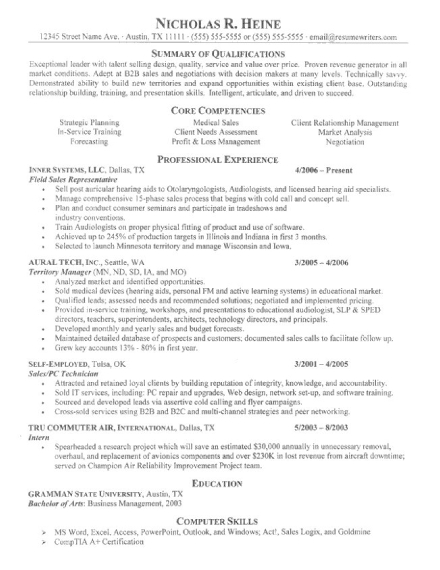
What Is a Professional Resume?
A professional resume is type of resume profile or a document written in order to give the employer or the hiring company a summary of you, your achievements, work experiences, and your general information. A professional resume is written differently than a general resume and a simple resume.
How to Create a Professional Resume
Given how employers use a resume to evaluate whether an applicant fits a specific job role based on the person’s academic and professional experiences, you need to make sure your resume is a good representation of yourself. To do so, refer to the step-by-step guide below:
Step 1: Decide What Type of Resume to Make
When applying for a job, you first need to consider what type of format to use for your resume writing. Though they may possess a similar content, they usually vary in terms of structure. The most common types of resumes include the chronological, functional, combination, and targeted formats, which we will explain later on.
Step 2: Create a Header
The header is often seen as the centerpiece of your resume. It should include your name, phone number, and email address. Your contact information must be active and updated when necessary, as you wouldn’t want to make it hard for an employer to reach you. Make sure your current email address is strictly professional as well.
Step 3: Make a Summary
In a sentence or two, provide a short summary of your work experience and set of skills that are relevant to the job you are applying for. While a career summary may not be necessary in some cases, you might want to consider writing one to make that extra pitch.
Step 4: Write down Your Skills and Experiences
This should specify your previous work experiences, the accomplishments fulfilled for each position, your strengths, as well as your qualities or characteristics which may benefit the company. You can also expound each skill with a two- to three-line explanation.
FAQs
What are the types of resumes?
There are four general types of resumes. These are the chronological, functional, combination, and targeted resumes. When writing a professional resume, it’s important to know which format works best for your intended purpose. Chronological, functional, combination, and targeted resumes.
What is the purpose of a professional resume?
The purpose of a resume is to provide recruiters a summary of an applicant’s skills, abilities, and accomplishments. It’s basically an advertisement of who you are and what you are capable of. This should capture you in the best light, emphasize your interests, and secure you an interview with a potential employer.
Why is a professional resume important?
First impressions matter in the business world. Without a favorable initial impression, a prospective employer is likely to look past you as a possible candidate for the position. A simple resume outline should document your background, skills, and education for a recruiter to see how you can contribute to the company’s success.
A simple resume is more than just a platform for communicating your abilities as a working professional, as it also reflects who you are as an individual. The best resumes are those that not only communicate your skills, qualities, and experiences as an individual, but also the value you’d bring to a company if you were hired. With the help of these guidelines and templates, you can create a polished and professional resume in no time!
14+ Professional Resume Examples

Job resumes often vary in content, outline format, and structure depending on whether you’re a fresh graduate, changing career paths, or looking to move up the leadership ladder. But regardless of your level of experience, creating a professional resume is vital to establish your credibility as a candidate for a particular job.
14+ Professional Resume Templates
Computer Specialist Professional Resume

Template Details
Size: (US) 8.5×11 inches
Experienced Accountant Professional Resume Format

Template Details
Size: (US) 8.5×11 inches
Free Professional Resume

Template Details
Size: (US) 8.5×11 inches
IT Professional Experience Resume

Template Details
Size: (US) 8.5×11 inches
IT Professional Resume

Template Details
Size: (US) 8.5×11 inches
Professional Banking Resume

Template Details
Size: (US) 8.5×11 inches
Professional BPO Career Resume

Template Details
Size: (US) 8.5×11 inches
Professional HR Resume Template

Template Details
Size: (US) 8.5×11 inches
Professional Resume for Freshers

Template Details
Size: (US) 8.5×11 inches
Professional Civil Engineer Resume

Template Details
Size: (US) 8.5×11 inches
Professional Chronological Resume

Details
File Format
PDF
Size: 456 KB
Sample Professional Resume for Biosystems Engineer

Details
File Format
PDF
Size: 127.1 KB
Professional Resume for Criminal Investigation Graduate

Details
File Format
PDF
Size: 34.4 KB
Professional Resume for Marketing Management

Details
File Format
PDF
Size: 109.0 KB
Professional Resume Sample

Details
File Format
PDF
Size: 108.9 KB
What Is a Professional Resume?
A professional resume is type of resume profile or a document written in order to give the employer or the hiring company a summary of you, your achievements, work experiences, and your general information. A professional resume is written differently than a general resume and a simple resume.
How to Create a Professional Resume
Given how employers use a resume to evaluate whether an applicant fits a specific job role based on the person’s academic and professional experiences, you need to make sure your resume is a good representation of yourself. To do so, refer to the step-by-step guide below:
Step 1: Decide What Type of Resume to Make
When applying for a job, you first need to consider what type of format to use for your resume writing. Though they may possess a similar content, they usually vary in terms of structure. The most common types of resumes include the chronological, functional, combination, and targeted formats, which we will explain later on.
Step 2: Create a Header
The header is often seen as the centerpiece of your resume. It should include your name, phone number, and email address. Your contact information must be active and updated when necessary, as you wouldn’t want to make it hard for an employer to reach you. Make sure your current email address is strictly professional as well.
Step 3: Make a Summary
In a sentence or two, provide a short summary of your work experience and set of skills that are relevant to the job you are applying for. While a career summary may not be necessary in some cases, you might want to consider writing one to make that extra pitch.
Step 4: Write down Your Skills and Experiences
This should specify your previous work experiences, the accomplishments fulfilled for each position, your strengths, as well as your qualities or characteristics which may benefit the company. You can also expound each skill with a two- to three-line explanation.
FAQs
What are the types of resumes?
There are four general types of resumes. These are the chronological, functional, combination, and targeted resumes. When writing a professional resume, it’s important to know which format works best for your intended purpose. Chronological, functional, combination, and targeted resumes.
What is the purpose of a professional resume?
The purpose of a resume is to provide recruiters a summary of an applicant’s skills, abilities, and accomplishments. It’s basically an advertisement of who you are and what you are capable of. This should capture you in the best light, emphasize your interests, and secure you an interview with a potential employer.
Why is a professional resume important?
First impressions matter in the business world. Without a favorable initial impression, a prospective employer is likely to look past you as a possible candidate for the position. A simple resume outline should document your background, skills, and education for a recruiter to see how you can contribute to the company’s success.
A simple resume is more than just a platform for communicating your abilities as a working professional, as it also reflects who you are as an individual. The best resumes are those that not only communicate your skills, qualities, and experiences as an individual, but also the value you’d bring to a company if you were hired. With the help of these guidelines and templates, you can create a polished and professional resume in no time!

